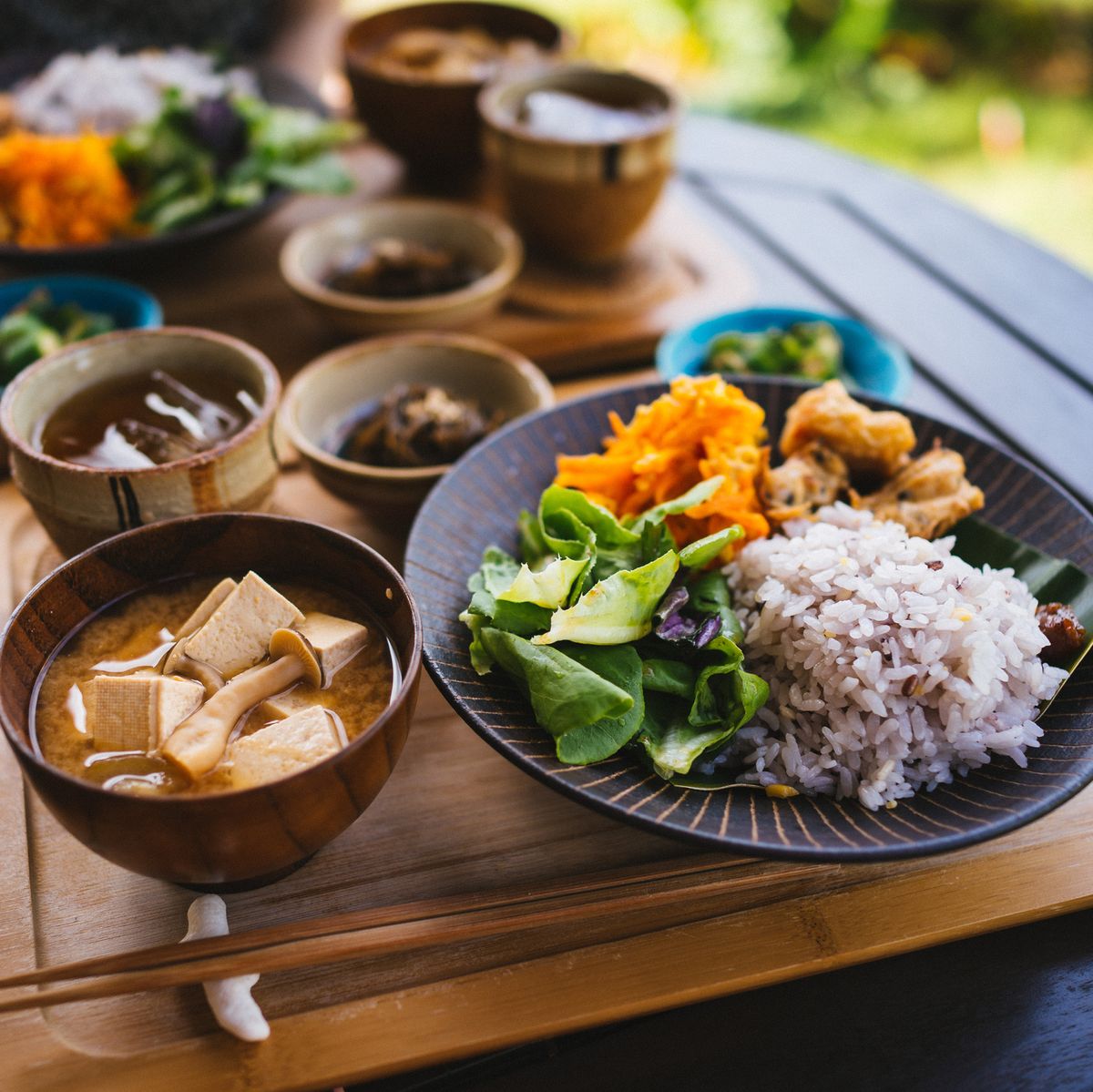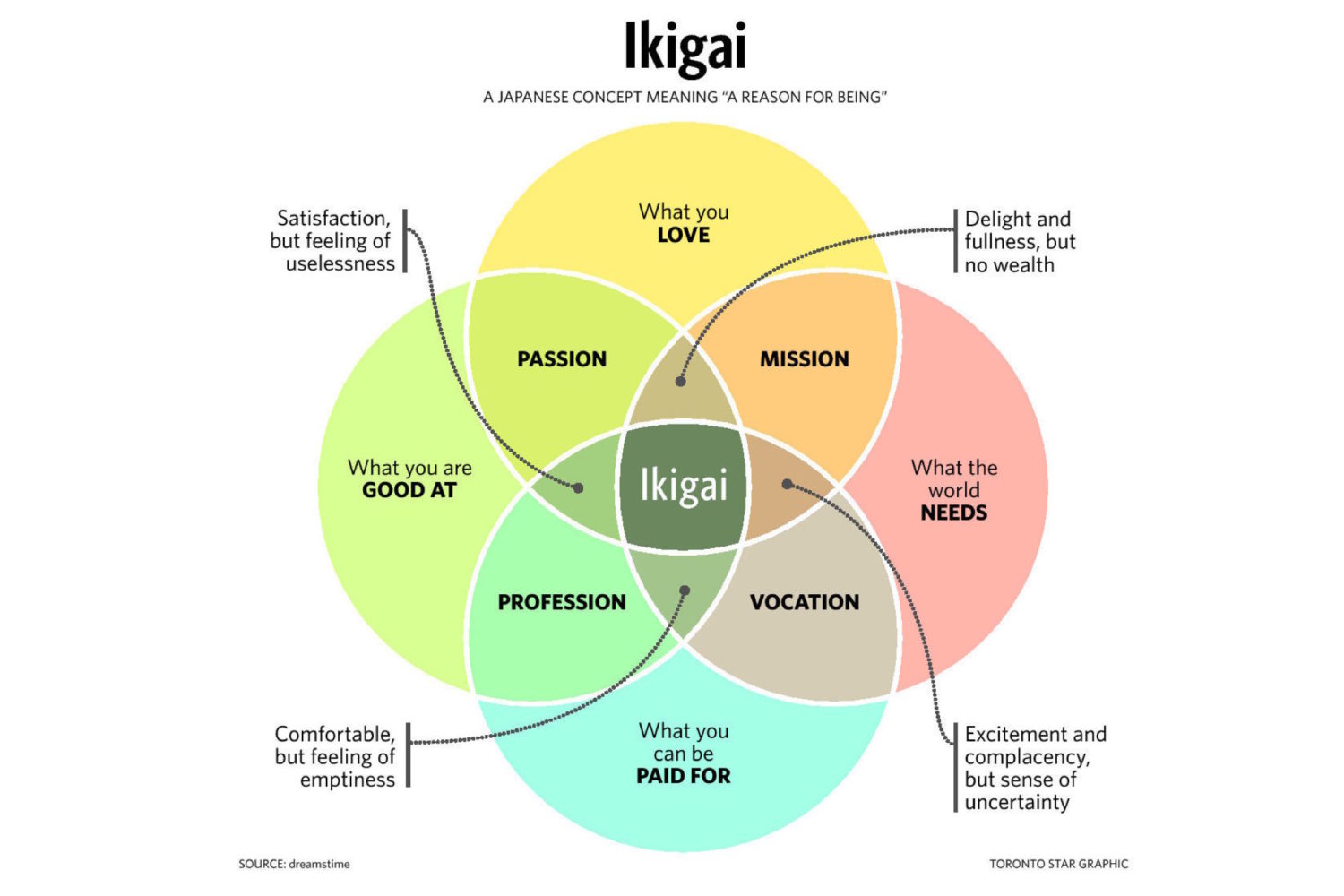After recently translating and subtitling fascinating documentary footage based on a 96-year-old Sardinian woman and her longevity secrets, I had to do some of my own further research on the topic.
That’s when I came across the world’s Blue Zones. I had heard of the term before, but I never gave it enough reading time. Discovered and coined by author Dan Buettner, “Blue Zone” is the non-scientific term given to geographic regions of the world where people have low rates of chronic disease and live longer lives, often reaching up to 90 and even age 100 and beyond.
There are five Blue Zones, and they don’t appear to have too much in common at first glance. They are all relatively warm year-round, fairly small, remote and close to the ocean:
1) Ikaria, Greece
Ikaria is an island in Greece where people eat a Mediterranean diet rich in olive oil, red wine and homegrown vegetables.
2) Okinawa, Japan
Okinawa is home to the world’s oldest women, who eat a lot of soy-based foods and practice tai chi, a meditative form of exercise.
3) Nicoya, Costa Rica
The Nicoyan diet is based around beans and corn tortillas. The people of this area regularly perform physical jobs into old age and have a sense of life purpose known as “plan de vida”.
4) Sardinia, Italy
Sardinia is home to some of the oldest people in the world. They live in mountainous regions where they typically work on farms and drink lots of red wine.
5) Loma Linda, California, USA
The Seventh-day Adventists are a very religious group of people. They’re strict vegetarians and lie in tight-knit communities.
So, what’s the secret? Why do the people in these places, despite them being dotted all over the world with many cultural differences (I can imagine a person from Sardinia would have quite the cultural shock if transported to Okinawa, and vice versa), share the same chances of living an incredibly healthy life, reaching into their 90s and beyond?
There are a few diet and lifestyle factors that we can adapt into our own lives from Buettner’s book, The Blue Zones Solution: Eating and Living Like the World’s Healthiest People:
A plant-based diet – beans are essential!
One factor that all Blue Zones share is that the centenarians who live there eat a 95% plant-based diet. They are not strict vegetarians, although they only tend to eat meat around five times a month.
“There’s five pillars to every Blue Zone diet: whole grains, greens, tuberous (sweet potatoes or potatoes), nuts and beans,” Buettner says, “The most important one is beans. A cup of beans a day could add two to three years to your life.”
Your average menu in Okinawa would naturally be different from that in Loma Linda, but you’ll find parallels among the key ingredients. Eating a diet rich in vegetables, legumes, whole grains and nuts all reduce the risk of heart disease, cancer and death.

Big on tea and red wine
The beverages of the Blue Zones are crucial. They’re heavy on water and tea.
“They’re drinking herbal tea all day long,” Buettner reports.
“In Okinawa it’s often green tea, while in Ikaria it’s usually a tea made with oregano, rosemary or mint.”
Another dietary factor common to the Blue Zones is moderate alcohol consumption. Many studies have shown that drinking one to two alcoholic drinks per day can significantly reduce mortality, particularly from heart disease.
“They drink no more than two glasses of wine a day,” says Buettner.
The beneficial effect of moderate alcohol consumption may depend on the type of alcohol. Red wine may be the best, as it contains a number of antioxidants from grapes. This practice is particularly prevalent in the Ikarian and Sardinian Blue Zones.
Community, family and purpose are paramount
Buettner emphasises that it is a “constellation of little things that add up” and that whilst diet is one part of the picture, social activity, community and a strong sense of purpose are other integral factors.
“People aren’t waking up in the morning rudderless. They’re driven by life meaning and purpose,” Buettner says. “They’re investing in family, keeping their minds engaged and there’s no existential stress of being worthless in life. You can’t walk outside your front door in these regions without bumping into somebody you know, and this is all so much more powerful than we think.”
Blue Zones are typically religious or spiritual communities. Social support has shown to reduce rates of depression. Psychological well-being is essential – they have a life purpose, known as “ikigai” in Okinawa or “plan de vida” in Nicoya. In many of the zones, grandparents often live with their families. Older and young people living together lowers the risk of death.

Humans are inherently social creatures, “We’re genetically hardwired to crave social interaction and when you don’t have it, there’s a level of subconscious stress that grates away at you,” Buettner says.
Walking every day, everywhere
Exercise is another extremely important aspect in aging. In the Blue Zones, people aren’t going to the gym to purposefully exercise. It is instead built naturally into their daily lives through walking, gardening, cooking and other daily chores.
Three of the five zones (Ikaria, Okinawa and Sardinia) are located in very narrow, steep regions that didn’t always have access to industrial roads. So being tucked away in a remote hilltop isolation ensures a lot of up and downhill walking into their daily routines.

A study of the men in Sardinia found their longevity was associated with raising farm animals, living on steep slopes in the mountains and walking longer distances to work.
“Walking is one of the best forms of exercise and you can do it without thinking about it,” says Buettner.
A good night’s sleep
Alongside daily walks are getting a good night’s sleep.
People in Blue Zones also often take daytime naps, known in many Mediterranean countries as “siestas”. In fact, they don’t tend to go to sleep, wake up or go to work at set hours. They just sleep as much as their body tells them to.
Ultimately, there are no secrets as such to the Blue Zones. They mainly eat a plant-based diet, drink tea and moderate amounts of alcohol, have solid spiritual, family and social networks, walk regularly and get enough sleep.
“We’re all looking for magic dietary pills or serums or supplements, but you see none of that in the Blue Zones,” says Buettner. “It’s mostly small things driven by the right environment.”
The above are all factors that everyone can incorporate into their lifestyle, and possibly add a few years to their life.




